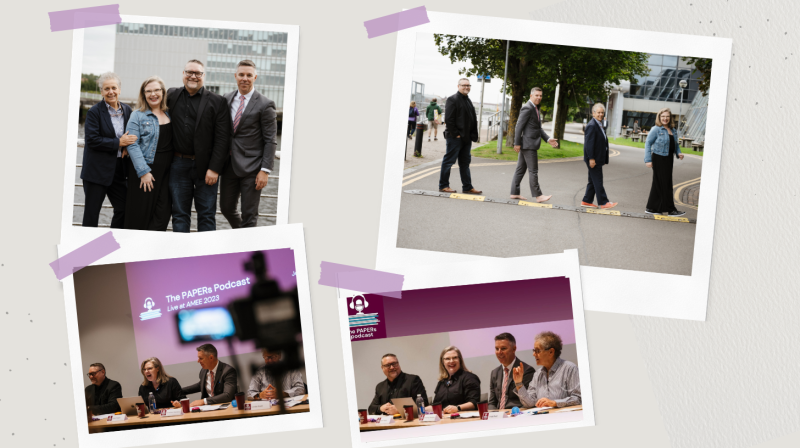
#80 – So Long, Farewell, Amen
Farewell to an Era: The Final Episode of the Papers Podcast
Dear Listeners,
After more than a decade of insightful discussions, laughter, and learning, we are both excited and a bit teary-eyed to bring you the final episode of the Papers Podcast. This isn’t just an episode; it’s a heartfelt celebration of our journey together. From our humble beginnings recording in hotel rooms to becoming a beloved source of knowledge and camaraderie in the medical education community, we’ve cherished every moment with you.
In this special farewell episode, join Jason, Jonathan, Lara, and Linda as they reflect on the incredible progress in our field, share personal anecdotes, and express their deepest gratitude to you, our loyal listeners. We’ve laughed, we’ve learned, and we’ve grown together, and now it’s time to reminisce about the highlights and the friendships that have made this journey unforgettable.
Whether you’ve been with us from the start or joined us along the way, this episode is a tribute to you. So, grab your favorite beverage, settle in, and let’s take one last stroll down memory lane together. Thank you for being part of our story. We couldn’t have done it without you.
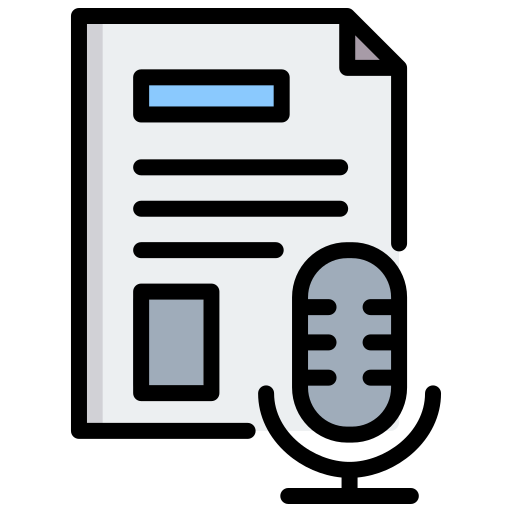
Episode 80 transcript. Enjoy PapersPodcast as a versatile learning resource the way you prefer- read, translate, and explore!
Episode notes
- Embracing Diverse Methodologies: We’ve learned that rigor in research isn’t about sticking to one approach. From deep dives into qualitative methods to exploring the rise of mixed-methods studies, our discussions have shown that a balanced, eclectic approach is key to truly understanding our field.
- The Value of Collaboration: Whether it was overcoming early tech hurdles or celebrating breakthrough moments, every member of our team—from hosts to producers—has played a vital role. Our shared journey was made richer by our willingness to learn from one another, adapt, and even laugh at our missteps.
- Challenging the Norms: We’ve had our fair share of debates about publication pressures and the evolving academic landscape. Our reflections have encouraged us—and hopefully you—to think deeply about quality over quantity, to be thoughtful about our contributions, and to push back when academic incentives miss the mark.
- Growing Through Change: From the days of tape recorders in hotel rooms to today’s digital platforms, our podcast has mirrored the evolution of our field. We’ve witnessed firsthand the transformative power of innovation—and the importance of staying open-minded, ready to have our minds changed by new ideas.
- Celebrating Every Voice: One of our proudest achievements is fostering an inclusive space where diverse perspectives—from the global South and beyond—have a seat at the table. Our journey reminds us that progress in education comes from welcoming all voices and engaging in honest, sometimes challenging conversations.
To our loyal listeners
Thank you for tuning in, for your feedback, and for allowing our conversations to be a part of your professional lives. While this chapter of the Papers Podcast comes to a close, the insights, friendships, and passion for advancing our field will continue to inspire us—and, we hope, you—in all that comes next. ![]()
With heartfelt gratitude,
The PAPERs Podcast Team.
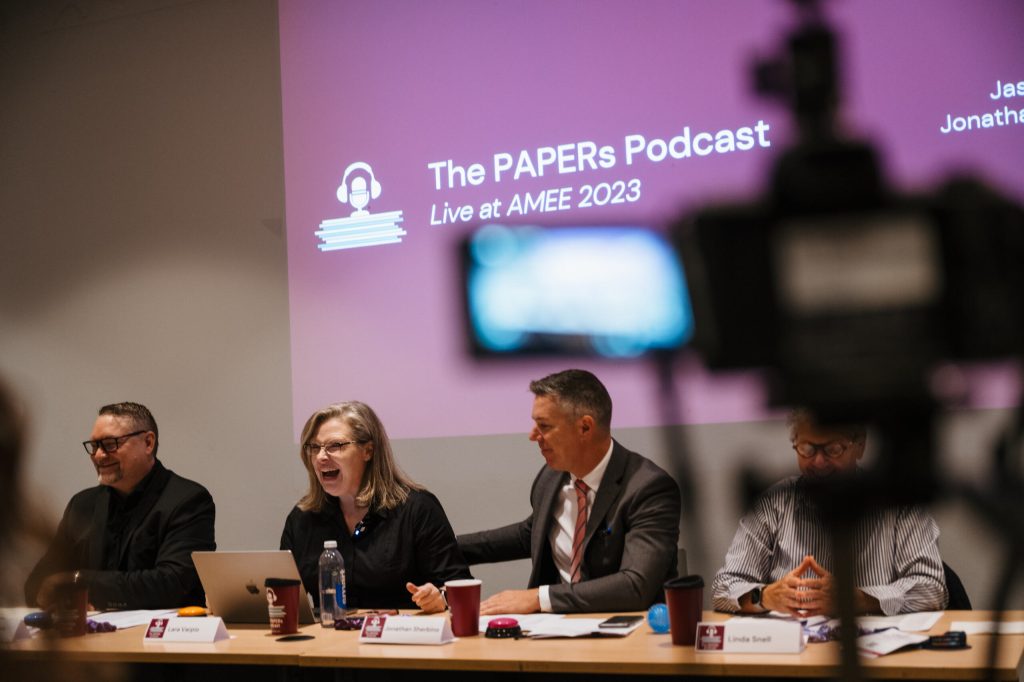
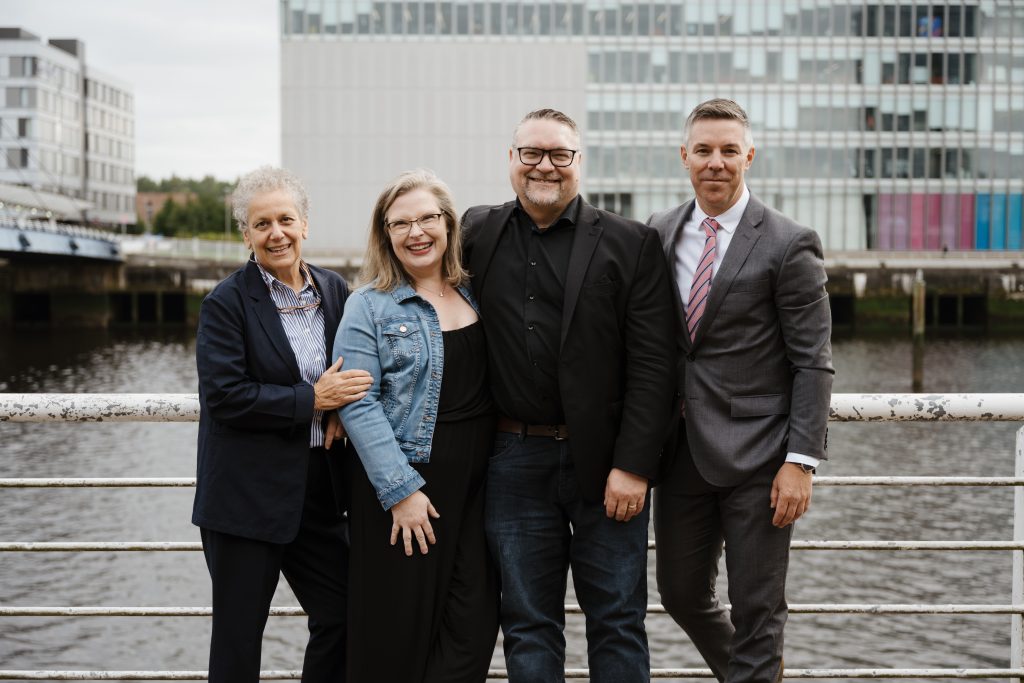
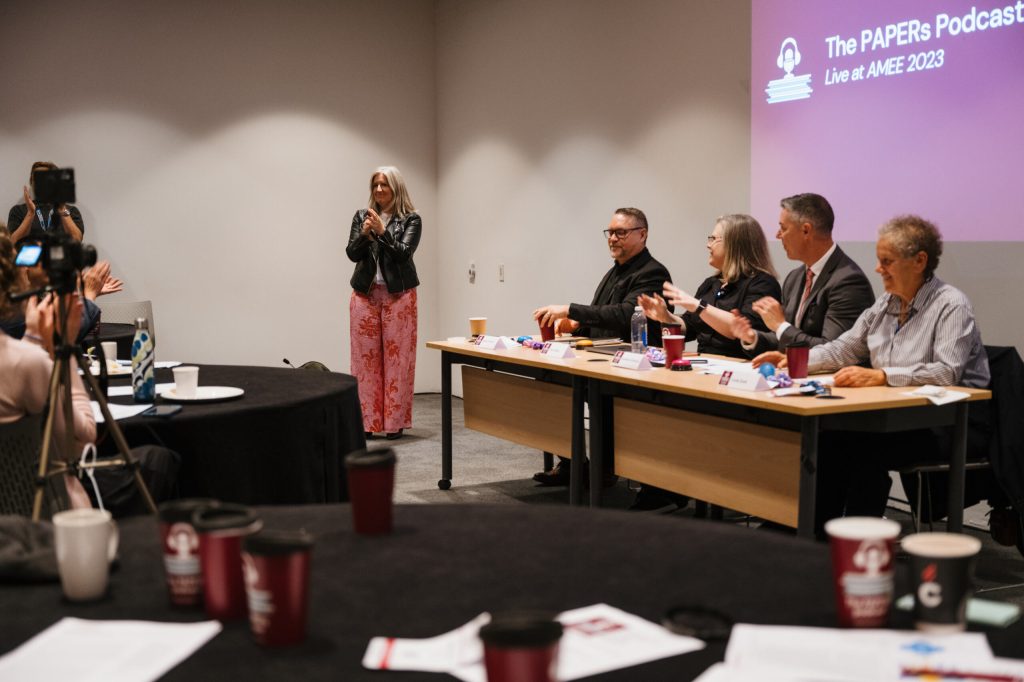
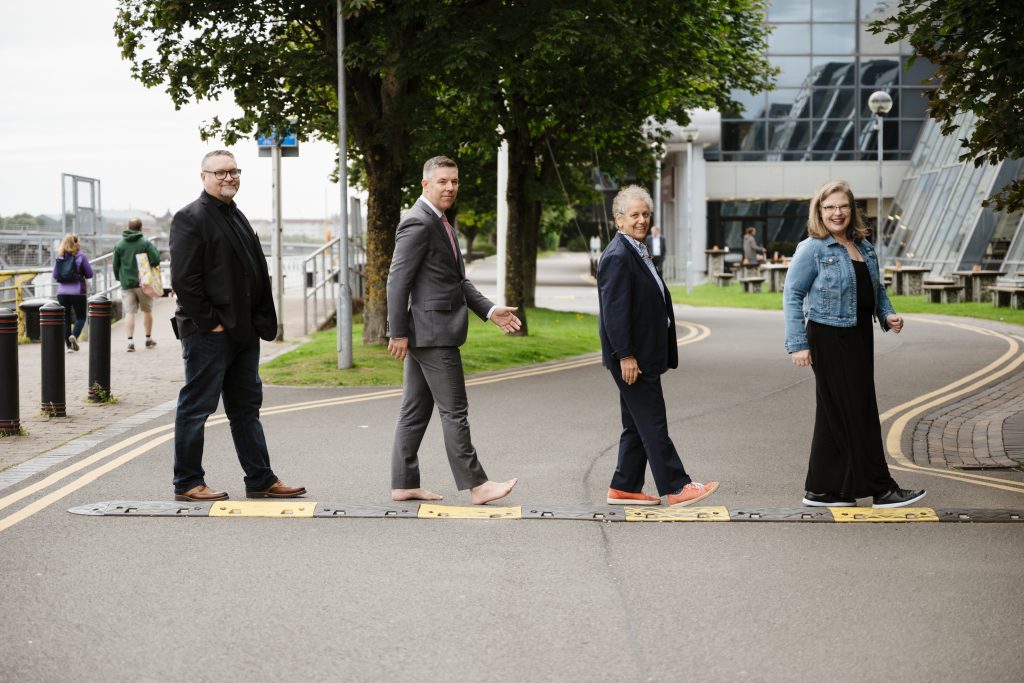
Transcript – read, translate, and explore!
-
Hi
Thank you, Lara, Linda, Jason, Jon, and the entire production team, for sharing your time and wisdom with us. It was my first regular podcast listening experience, and what an experience it was! Meeting you guys at the ASME conference in Coventry, UK, was the icing on this wonderful cake.
Best wishes -
I can’t express how sad I am to see this podcast go. The original KeyLime was the only podcast I listened to with any regularity, as the level of substantive information and intellectual rigor (balanced, of course, with wit and humour) was unparalleled. I have used your curated selection of papers to inform our own department’s educational journal club discussions, and you all were my commuting companions for years. I hope to cross paths and gain your valued perspectives through other means.
-
Thank you for the amazing work you have contributed to growing the profession of healthcare education. Listening to your podcast has offered such rich perspectives on research and writing. Your ability to respectfully critique both the manuscripts and the varied opinions that you each bring has been a wonderful model for discussions in academia. Many, many thanks for the countless hours you have dedicated to this work. You have stimulated us to think deeply, differently, and to embrace this ever changing body of work. Your podcast will be missed, but what you have taught us will continue to impact many for years to come.
-
Thank you so much, Jason, Jon, Lara, Linda, and the entire production team. I’m a fan of The Papers Podcast. I’ll truly miss tuning in to your conversations. I am a Med Ed PhD student based at Edinburgh. Your discussions have made me think, laugh, learn, and, most importantly, broadened my perspective on so many topics. I’m especially grateful for the resources you’ve signposted along the way – they’ve been so much helpful.
Wishing and hoping for the next season… All the very best to the whole team!
-
It’s truly sad to see this podcast come to an end. Over the past 10 years, you’ve brought research to life, sparking meaningful discussions and deepening our understanding of the field. Your work has made complex topics engaging and accessible, fostering a space for critical reflection and dialogue. While I’ll miss this form of interactive research dissemination, I have no doubt you’ll continue to explore important questions and contribute to the ongoing growth of the field in new and impactful ways. Thank you for all you’ve shared!

10 comments